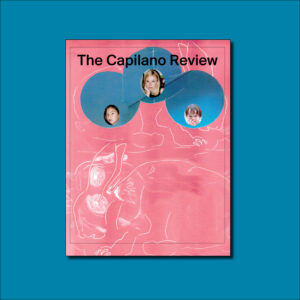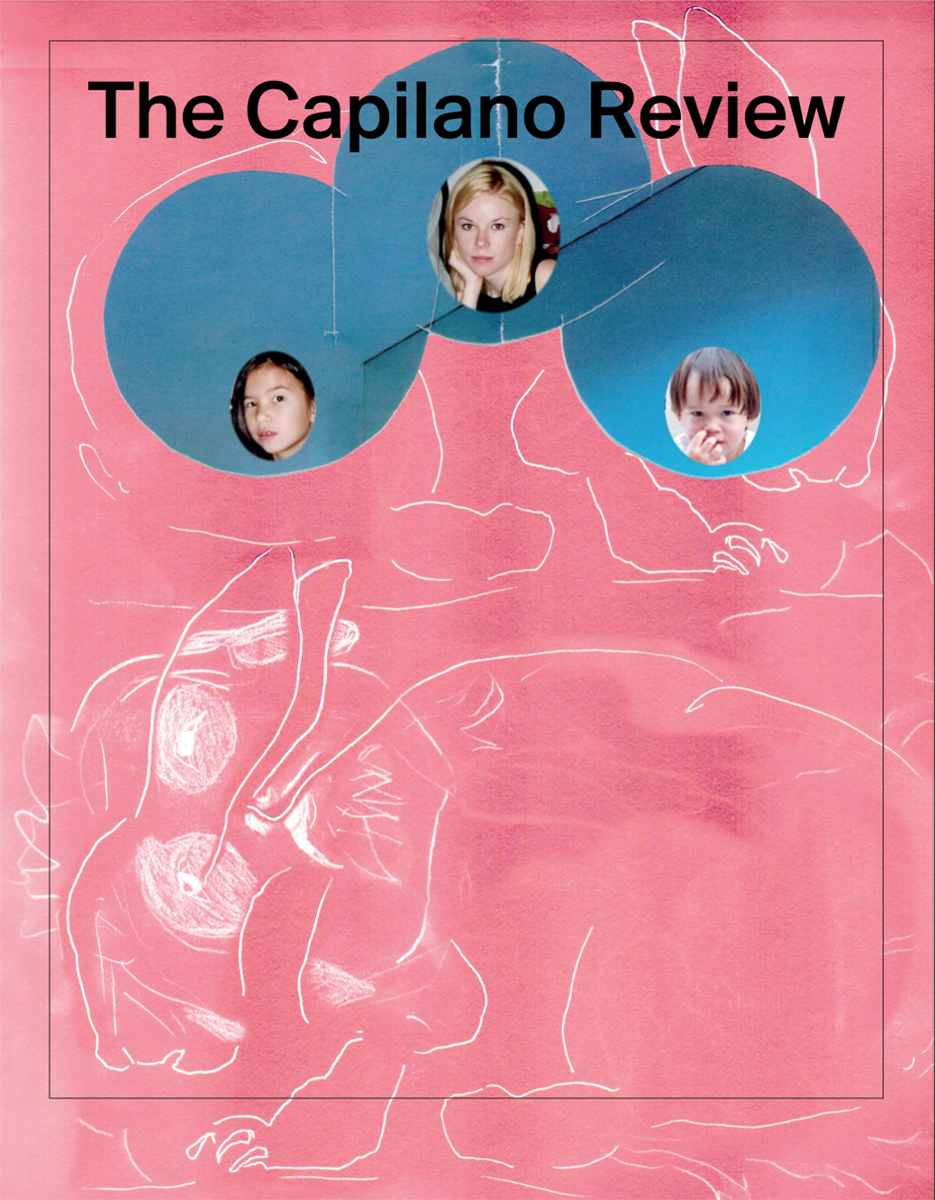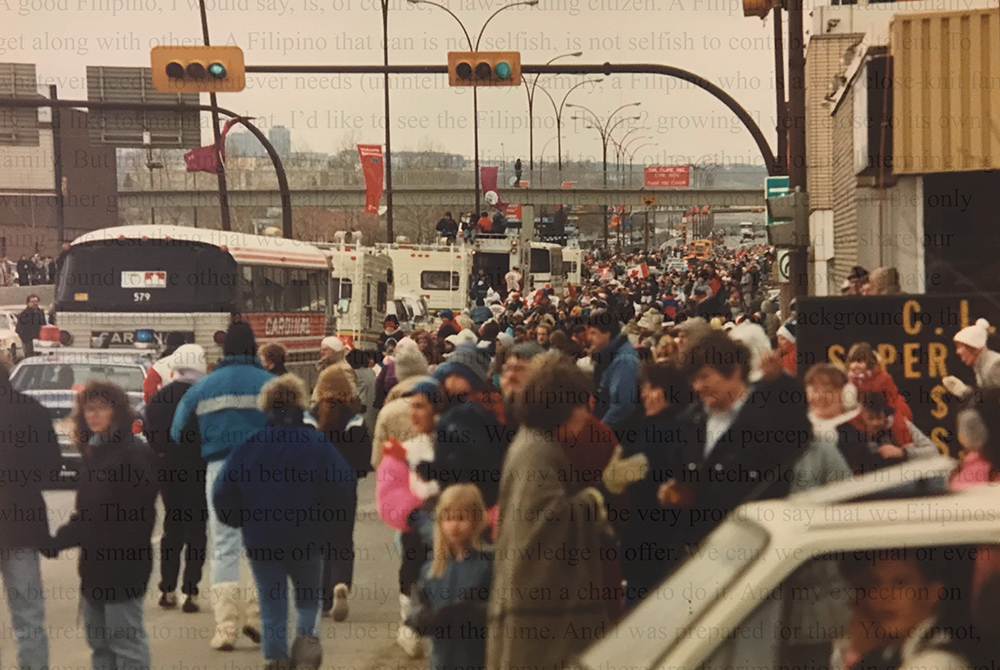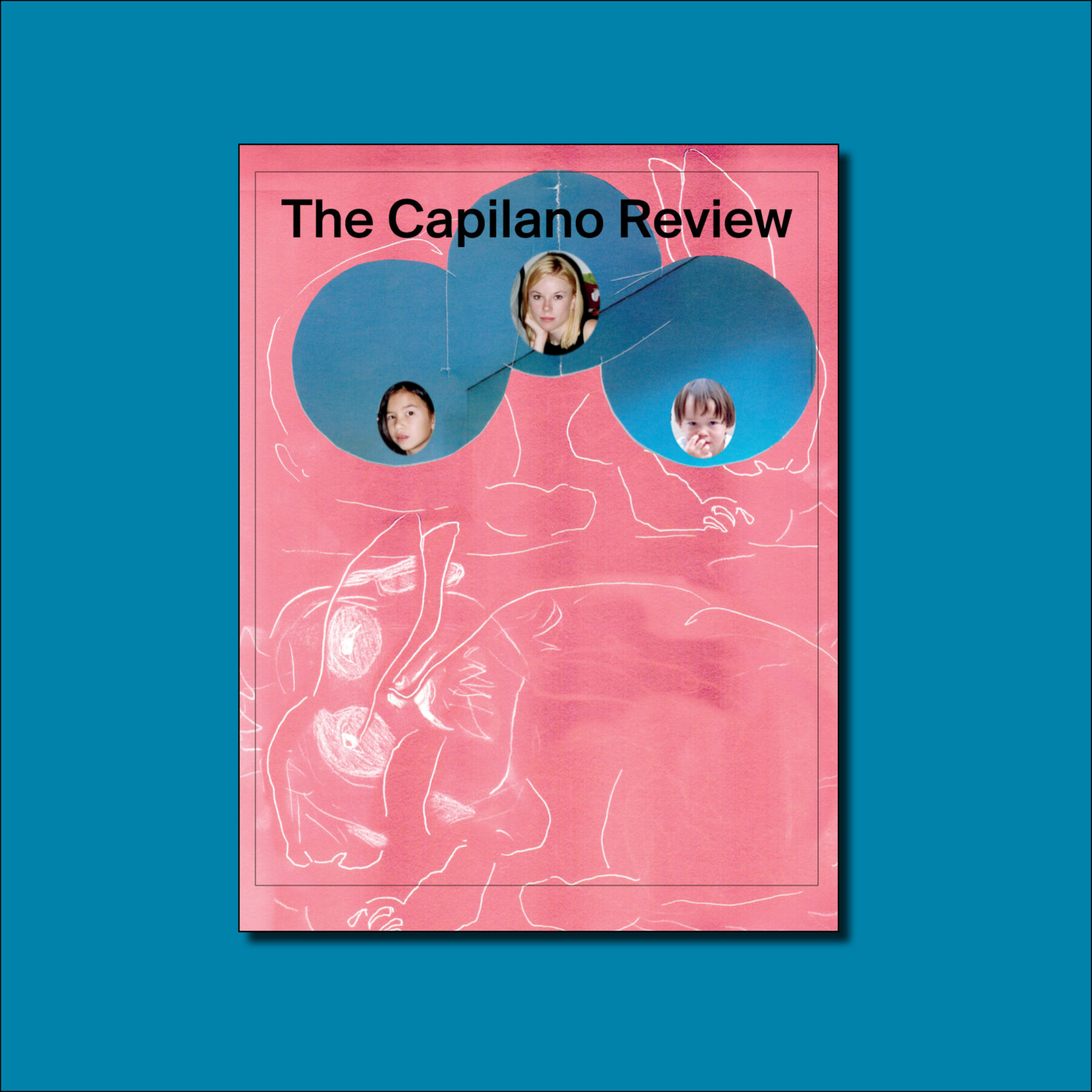we pare down and back until all that
remains is essential
—Julia Polyck-O’Neill
Gathering approaches that waver between “invention” and “intervention,” Issue 3.50 curates work that imagines the archive as a site of both creation and resistance. Contributors work through a variety of innovative forms and materially specific contexts to ask: What is our relationship to the archive as witnesses, researchers, creators? What is preserved in the archive and therefore commemorated? What is excluded? What can and can’t be held within an archive in its traditional definition, and how might we imagine an archive to also include immaterial and embodied forms of knowledge?
Featuring a striking cover designed for the issue by artist Marisa Kriangwiwat Holmes, In(ter)ventions on the Archive features new poetry by Ashley-Elizabeth Best, D.M. Bradford, Carrie Hunter, Anna Navarro, Julia Polyck O’Neill, Carlos A. Pittella, concetta principe, and Jane Shi; a feature interview with and accompanying artist project by Nour Bishouty exploring fissures in memory and landscape; Liz Howard’s poetic response to the 1986 “Native Women” issue of Fireweed (with afterword by Felicity Taylor); a conversation between bill bissett and Mathieu Aubin on Vancouver’s 1979 Writing in Our Time series; an artist project by Marisa Kriangwiwat Holmes, with accompanying essay by Emile Rubino, on “listening” to images; and critical writing, transcripts, and prompts reflecting two events recorded in The Capilano Review’s audio-visual archives: a 1982 poetry seminar with bpNichol, George Bowering, and Daphne Marlatt at Simon Fraser University; and a lecture by Judy Radul at Capilano College in 1992.







